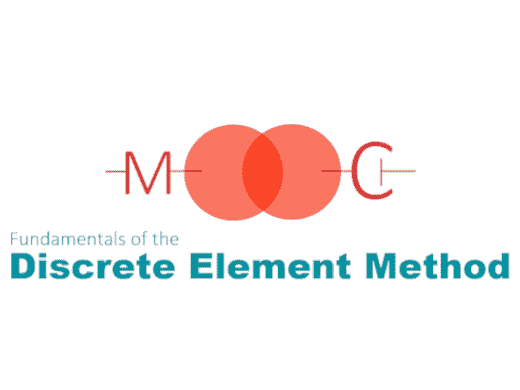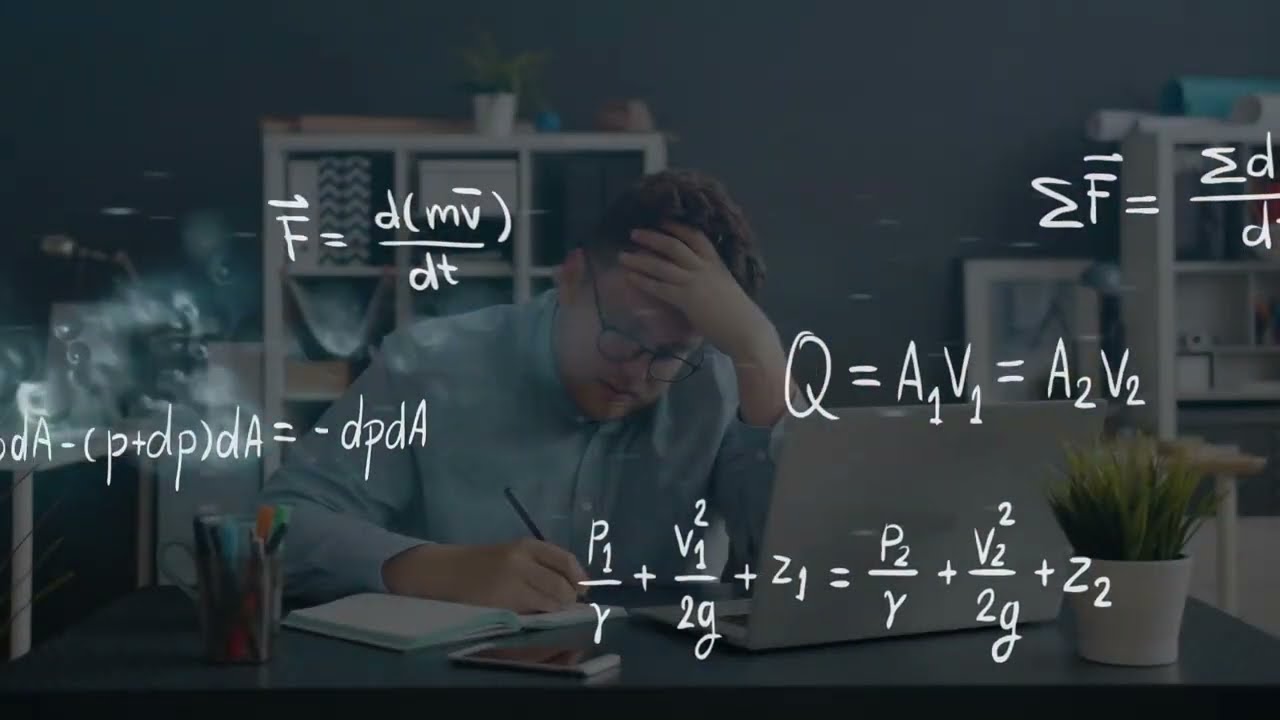


Fundamentals of the Discrete Element Method
Graz University of Technology
Stefan Radl
Qui som
Presentació de Fundamentals of the Discrete Element Method
Informació general del curs
#imoox, #DEM, #engineering, #chemicalengineering, #particle, #simulation
Contingut
Contingut del curs
In this MOOC, fundamentals related to the DEM are covered in order to guide a novice in the field. The ultimate goal is to provide the mathematical foundation and software skills to correctly setup and interpret a typical DEM-based simulation. For this purpose, a number of calculations, as well as simulation examples will be discussed. The course is divided into six units that are grouped as follows:- Introduction (Unit 1)
- Theoretical Foundations of the DEM (Unit 2)
- Force Model Closures – Essentials (Unit 3)
- Practical Aspects when using the DEM (Unit 4)
- Force Model Closures – Advanced (Unit 5)
- Calibration, Verification and Validation (Unit 6)
Objectius del curs
After attending this MOOC, the participants should be able to...
- ... configure and run a DEM simulator
- ... postprocess and interpret results from a typical DEM simulation involving spherical particles
Coneixements previs
The MOOC assumes only some basic knowledge of mechanics and mathematics. Specifically, this includes:
- Newton’s laws of (translational) motion
- Basic vector operations (addition, various forms of vector multiplication)
Funcionament del curs
- an introductional video lays the foundations of each unit.
- one or more videos with interactive questions form the core of each teaching unit
- these videos are followed by self-assessment quizes to check the knowledge gained. In order to obtain the MOOC certificate, at least 75% of the points must be achieved in each of these quizzes.
Hand outs (PDFs) are provided to help the students in taking notes, as well as to underline key learning concepts.
For the particularly motivated, we offer additional material: For example, these are more complex questions and calculations, or larger simulation examples. Worked out examples of this additional material can be handed in to collect the credits for the accompanying TU Graz course of Prof. Radl.
Participants are encouraged to raise questions in the accompanying forum. These can then be answered by both the course creators and the participants.
Diploma
For actively participating in the course you will receive an automatic certificate which includes your username, the course name as well as the completed lessons. We want to point out that this certificate merely confirms that the user answered at least 75% of the self-assessment questions correctly.Llicència
The teaching material for this MOOC is licensed under CC BY 4.0. Note that some video material might be covered by a different license - this is mentioned at the end of such a video.Collect ECTS credits with this MOOC!
You can also collect credits within the “European Credit Transfer System” (ETCS) when successfully participating in this MOOC! Please register via TUGRAZonline, and enroll in the course CHE.874UF ("Design of Multiphase Flow Processes"). This course will be offered in the summer semester following the start date of this MOOC!
Professor/a del curs

Stefan Radl
Stefan holds a PhD in chemical engineering from Graz University of Technology (TU Graz). During his PhD and post-doc studies he developed and used DEM-based simulators, as well as associated post-processing tools. Since 2018 he is an Associate Professor at TU Graz, where he holds a venia docendi for the subject “particle technology”. His interest is in connecting different simulation tools for particulate and suspensions flows, as well as applying them to challenges faced by the chemical industry.
Inicieu sessió i registreu-vos Actualment: 199 Participants
Gratuït per a tothom € 0.00
Associats
This MOOC is based on the outcome of two projects that received funding from the European Union’s Horizon 2020 research and innovation programme: Marie Skłodowska Curie grant agreements No 812638 (CALIPER) and 813202 (MATHEGRAM). Partners - in addition to TU Graz - that contributed to this MOOC include:
- DCS Computing (Austria)
- INTERNATIONAL CENTRE FOR NUMERICAL METHODS IN ENGINEERING (CIMNE; Spain)
- Johnson Matthey (UK)
- University of Navarra (Spain)
- University of Surrey (UK)
- Wageningen University (Netherlands)

Graz University of Technology
Graz
